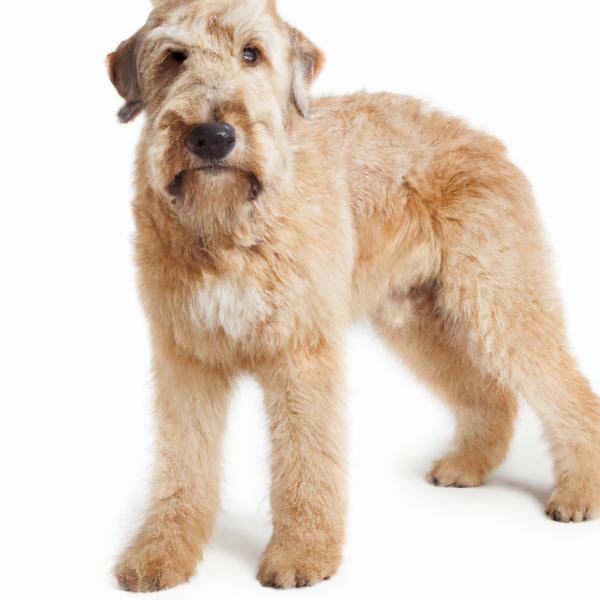Docker vs. Soft-Coated Wheaten Terrier: Breed Differences and Similarities
Hypoallergenic
Are Dockers or Soft-Coated Wheaten Terriers hypoallergenic, or neither?
Unfortunately, neither Docker nor Soft-Coated Wheaten Terrier are hypoallergenic, which may not make them the best choice for dog lovers who suffer from pet allergies.
Watchdog Ability
Which dog breed makes a better watchdog, the Docker or Soft-Coated Wheaten Terrier?
Dockers are decent watchdogs - they'll alert their owner if something seems amiss.
Soft-Coated Wheaten Terriers aren't great guard dogs; they tend to just watch without taking action.
Origin
What is the origin of Docker and Soft-Coated Wheaten Terrier dog breeds?
United States
Ireland
Ancestry
What are the origins of Docker and Soft-Coated Wheaten Terrier breeds?
Dachshund and Cocker Spaniel
terrier
Date of Birth
When were Docker and Soft-Coated Wheaten Terrier breeds first developed?
1999
1700s
Eye Color Possibilites
What are the eye colors of Docker and Soft-Coated Wheaten Terrier dogs?
Hazel
Brown
Brown
Nose Color Possibilites
What are the natural nose colors of Docker and Soft-Coated Wheaten Terrier?
Black
Black
Coat Color Possibilites
What are the natural colors of the coat for Docker and Soft-Coated Wheaten Terrier breeds?
Black
Brown
White
Cream
Black
Cream
Coat Length
What is the typical coat length for Docker and Soft-Coated Wheaten Terrier breeds?
The coat of Docker and Soft-Coated Wheaten Terrier dogs falls in the medium-length category.
Coat Density
What is the density of the coat of Docker and Soft-Coated Wheaten Terrier?
Coat Texture
What is the hair texture of Docker and Soft-Coated Wheaten Terrier?
Straight
Wavy
Litter Size
What is the usual litter size for Docker and Soft-Coated Wheaten Terrier?
A Docker can have a litter of 12-14 puppies on average. However, it's worth noting that the size of the litters can vary greatly. Factors that can influence litter size include the health of the mother, breeding history, and genetics.
A Soft-Coated Wheaten Terrier can have a litter of 10-15 puppies on average. However, it's worth noting that the size of the litters can vary greatly. Factors that can influence litter size include the health of the mother, breeding history, and genetics.
Major Concerns
What are the major health concerns for Docker and Soft-Coated Wheaten Terrier breeds?
Retinal Dysplasia
Seborrhea
Color Dilution Alopecia
Acanthosis Nigricans
Protein Wasting Diseases (Ple And Pln)
Kidney Problems
Minor Concerns
What minor health issues should be kept in mind when owning Docker and Soft-Coated Wheaten Terrier?
Entropion
Ectropion
Lip Fold Pyoderma
Exposure Keratopathy Syndrome
Elbow Dysplasia
Cataracts
Allergies
Addison's Disease
Occasional Tests
What occasional tests are recommended for Docker and Soft-Coated Wheaten Terrier breeds?
X-Rays
MRI
CT Scan
Eye Examination
Skin Evaluation
Ultrasound
Cardiac
Eye
Hip
Blood Test
Blood And Urine Protein Screens
X-Rays
Eye Examination
Energy
How do the energy levels of Dockers and Soft-Coated Wheaten Terriers compare?
For those who lead a balanced lifestyle, Docker and Soft-Coated Wheaten Terrier breeds may be a good choice as they have an average energy level.
Exercise Needed
Docker vs Soft-Coated Wheaten Terrier exercise need comparison.
Dockers need moderate physical activity and are great for families and active individuals.
Soft-Coated Wheaten Terriers require significant physical activity and suit those with an active lifestyle.
Tendency to Bark
Do Dockers or Soft-Coated Wheaten Terriers bark more/less frequently?
The Docker is a vocal breed that frequently barks and howls, and may not be suitable for those seeking a quiet companion.
Soft-Coated Wheaten Terriers are typically quiet and only bark when needed, such as to alert their owner or when in distress.
Past times
What are some enjoyable activities and ways to keep Docker and Soft-Coated Wheaten Terrier entertained?
Playing fetch, Wañking, Chase, Fetch, Catch treats, Walk, Tug-of-war, Chasing, Walking, Sniffing, Dog Parks, Cuddling, Bath time, Napping, Running, Hike
Shake, Getting Pet, Walking, New Smells, Tracking, Walk, Running, Sniffing, Pets, Bike ride, Tug-of-war
Activity Level
Which breed has higher energy, Dockers or Soft-Coated Wheaten Terriers?
Both Docker and Soft-Coated Wheaten Terrier are medium-energy dogs that enjoy socializing and playing with other dogs. They may engage in casual or sustained games of chase, and occasionally have bursts of barking or racing around the house.
Walks per Week
How many miles should Docker or Soft-Coated Wheaten Terrier walk each week?
Docker and Soft-Coated Wheaten Terrier generally need a minimum of 7 miles of walking per week, but it can be increased as long as they are comfortable with it.
Activity per Day
Do Dockers or Soft-Coated Wheaten Terriers require more exercise?
Both Docker and Soft-Coated Wheaten Terrier typically require a minimum of 60 minutes of exercise each day. The exercise can be spread throughout the day and may involve high-energy activities like walking, running, and playing.
Grooming
Which breed is easier to maintain in terms of grooming, Dockers or Soft-Coated Wheaten Terriers?
The Docker requires an average amount of grooming compared to other breeds.
The Soft-Coated Wheaten Terrier is a low-maintenance breed that doesn't require much grooming.
Brushing Frequency
What is the recommended brushing frequency for Docker and Soft-Coated Wheaten Terrier dogs?
Ideally, both Docker and Soft-Coated Wheaten Terrier should be brushed at least 2 or 3 times a week (preferably daily) to improve shedding.
Brushing Tools
What brushing tools are used for Dockers and Soft-Coated Wheaten Terriers?
Pin Brush
Slicker Brush
Nail Clipper
Pin Brush
Comb
Nail Clipper
Cups
How much food should be given to Docker or Soft-Coated Wheaten Terrier in cups?
Docker and Soft-Coated Wheaten Terrier share the same recommended daily food intake of 2 cups, although the appropriate quantity may vary depending on the quality and nutritional content of their food.
Daily Cost
Which breed has a higher daily cost, Docker or Soft-Coated Wheaten Terrier?
The average cost of a Docker is somewhere $2.10 - $2.80 per day.
The average cost of a Soft-Coated Wheaten Terrier is somewhere $2.10 - $2.50 per day.
Monthly Cost
Which breed has a higher monthly cost, Docker or Soft-Coated Wheaten Terrier?
The average per month expenses of a Docker is between $63 - $84. This makes an average of $756 - $1008 per year. It will be on the higher side when the dog is still small because it will need more frequent visits to the vet, shots.
The average per month expenses of a Soft-Coated Wheaten Terrier is between $63 - $74. This makes an average of $756 - $888 per year. It will be on the higher side when the dog is still small because it will need more frequent visits to the vet, shots.
Intelligence
Comparing Intelligence: Dockers vs Soft-Coated Wheaten Terriers
Docker is a very intelligent and trainable breed.
Soft-Coated Wheaten Terriers are average in obedience intelligence but have a high IQ and may cause trouble if left unsupervised.
Affection Dependance
Which is the more affectionate dog breed: Docker vs Soft-Coated Wheaten Terrier?
Dog Friendly
Which breed is more sociable with other dogs: Docker or Soft-Coated Wheaten Terrier?
Dockers are average in their friendliness towards other dogs, and socialization can help.
Soft-Coated Wheaten Terriers are not dog-friendly.
Playfulness
Which breed is more playful between Docker and Soft-Coated Wheaten Terrier?
Dockers are a playful breed that needs daily playtime to be happy.
Soft-Coated Wheaten Terriers are not known for being a highly playful breed.
Trainability
How do the trainability levels of Dockers and Soft-Coated Wheaten Terriers compare?
Dockers are popular for their ease of training and quick learning ability.
Soft-Coated Wheaten Terriers may require more time and patience to learn commands, but with consistency, they can be trained.
Compare Docker with other breeds
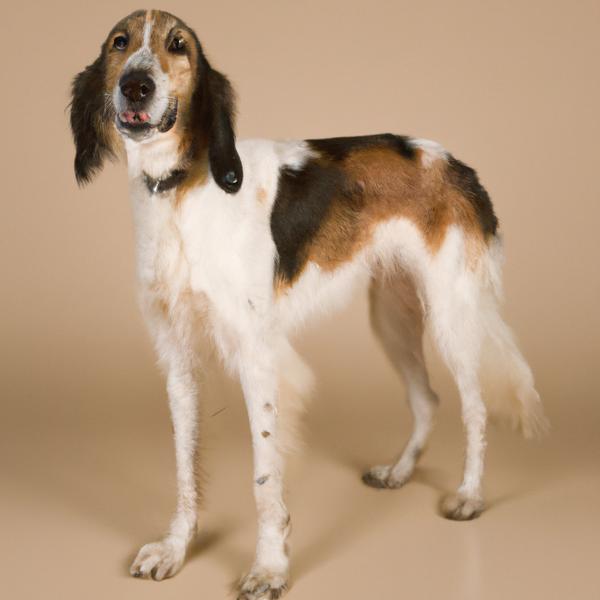
Spreagle
Docker vs Spreagle
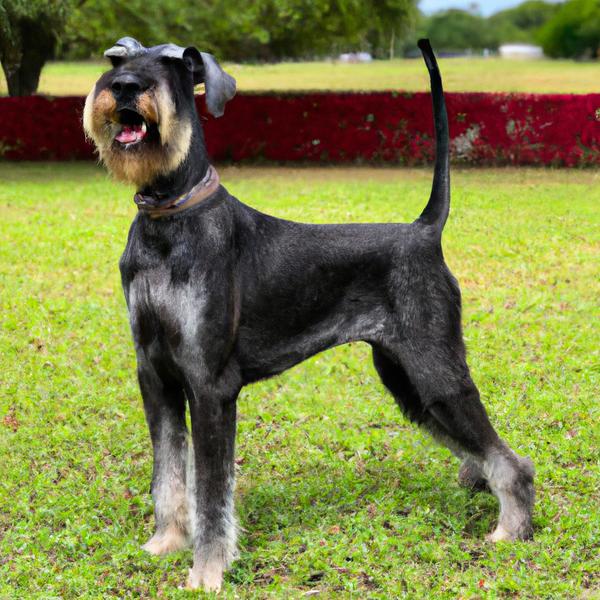
Dobie Schnauzer
Docker vs Dobie Schnauzer

Akita Inu
Docker vs Akita Inu

Cockalier
Docker vs Cockalier
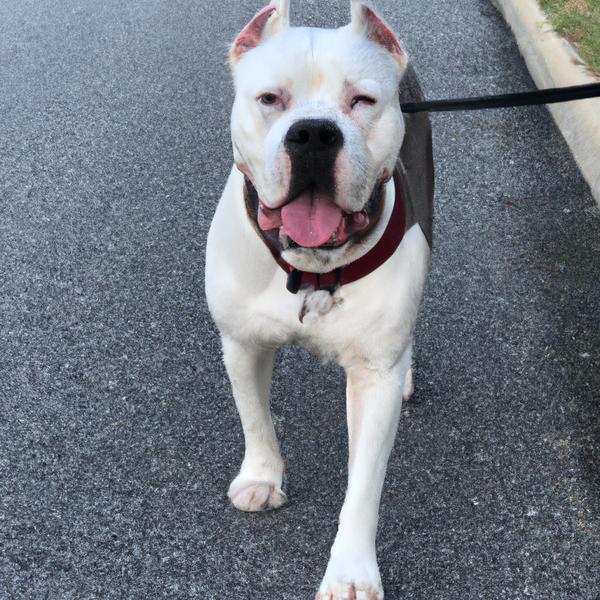
American Masti-Bull
Docker vs American Masti-Bull
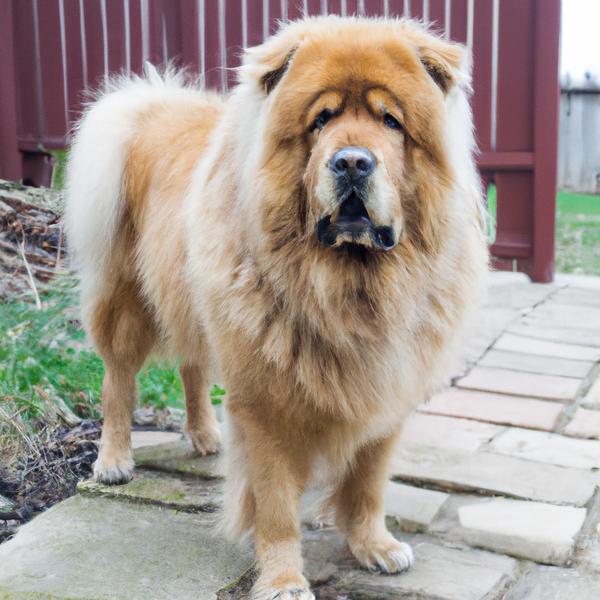
Golden Chow Retriever
Docker vs Golden Chow Retriever
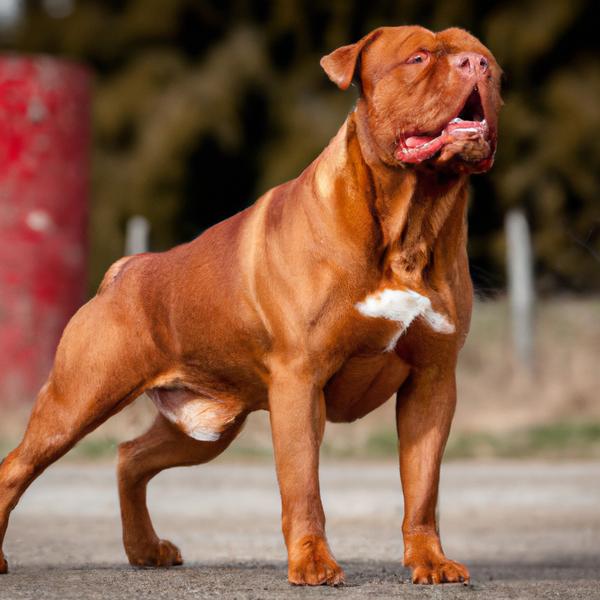
Bordeaux Pitbull
Docker vs Bordeaux Pitbull
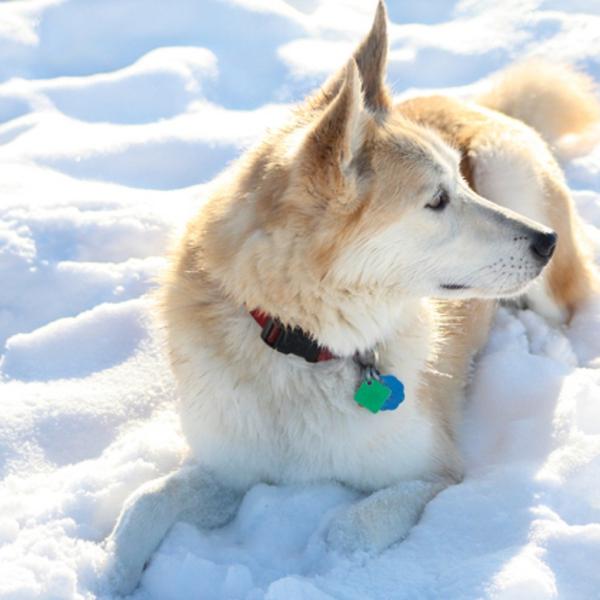
Labrador Husky
Docker vs Labrador Husky
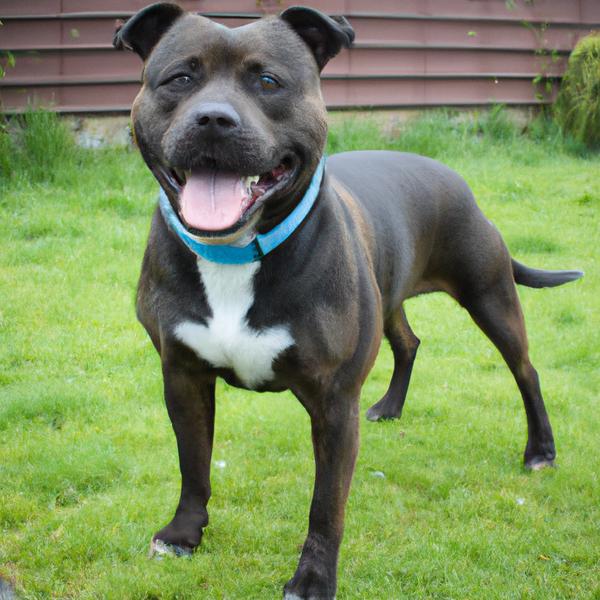
Staffy Bull Pit
Docker vs Staffy Bull Pit
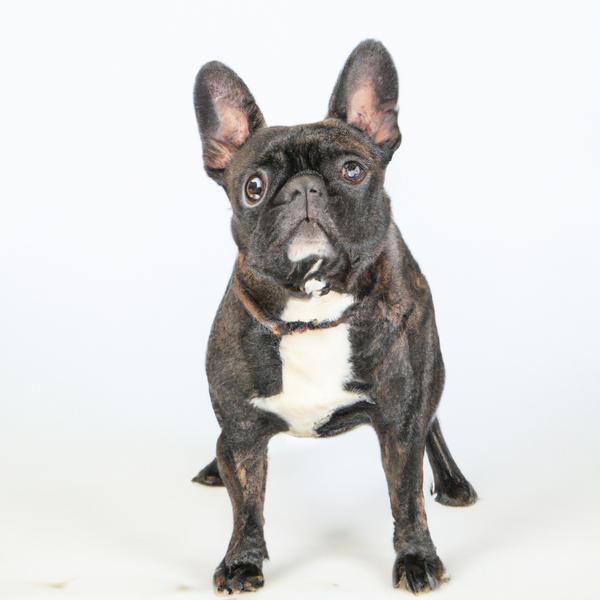
Faux Frenchbo Bulldog
Docker vs Faux Frenchbo Bulldog

Doxie Scot
Docker vs Doxie Scot
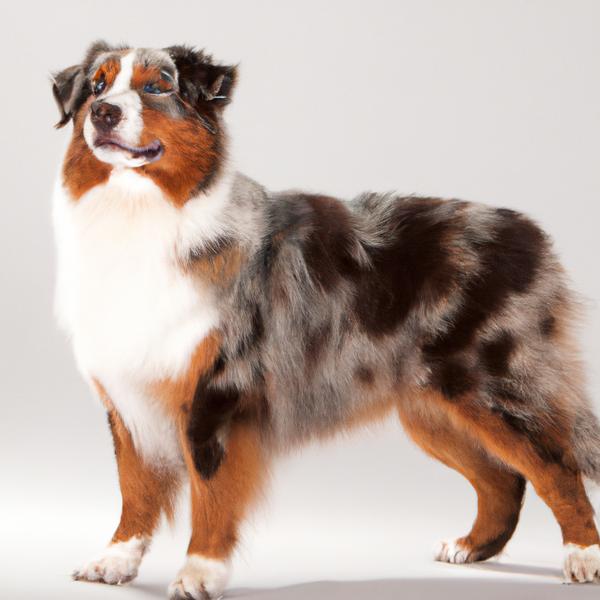
Confetti Australian Shepherd
Docker vs Confetti Australian Shepherd

